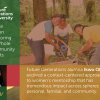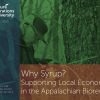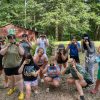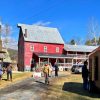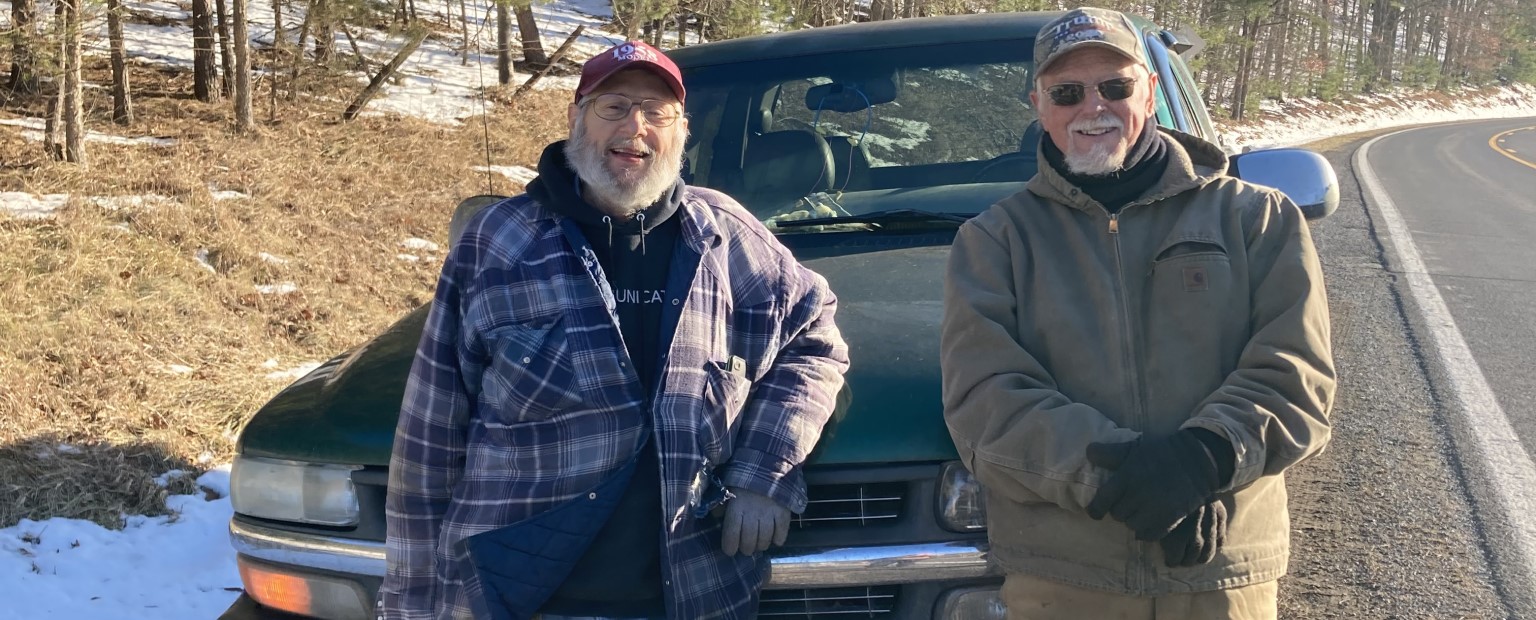
Sweet Opportunities
Expanding tree tapping through sap harvesting tenure agreements
Harvesting sap to produce maple syrup is a historic farming activity in many areas of the Northeast and Appalachia. Originally a Native American craft, “sugaring” was quickly brought into the subsistence livelihood of European colonists and then into the market economy of our growing nation. Syrup making is an easy process, involving the evaporation through boiling of sap collected from trees. The primary sap producing trees are maple trees. But what if you don’t have any maple trees, or at least don’t have enough maple trees, or if you were in a position where you could expand your business and make more syrup if you had more trees?
This issue of land access, or more specifically tree access, is as problematic for many maple farmers as it is in other agricultural pursuits. In this article we are going to explore common sap harvesting agreements and look at the economics of a specific example; how West Virginia maple syrup producer Mark Bowers, owner of “Bowers Maple Farm” works with a neighboring forestland owner, Randy Kimble, to the mutual benefit of both.
Sap harvesting Agreements:
Just like leasing pasture to support a growing herd of cows, maple producers lease trees to support their increased production of maple syrup. This allows syrup producers to expand production beyond the forest resource they have available on their own lands. It has become particularly important as Reverse Osmosis (RO) technology has been introduced to sugar making. With an RO a syrup producer can concentrate the sugars in his or her sap from the natural average of approximately 2% to over 12% before it gets to the evaporator. Boiling concentrated sap allows an operation to make more syrup in a given amount of time, using less fuel. Depending on the demand for trees to lease, a landowner can expect from $0.50 to $1.00 per tree. A good sugarbush can have 70 taps per acre, realizing an annual income to the landowner of between $35 to $70/acre. For many landowners this comes with the added benefit of the tapped area being eligible for agricultural tax benefits. Leasing trees to tap requires a long-term tenure relationship between the forest landowner and the maple syrup producer. The syrup producer will have to invest in installing a sap collection system. In all but the smallest operations this means purchasing and installing a tubbing system which will have a lifespan of about 15 years. It only makes sense for the syrup producer to make that investment if he or she has a commitment from the landowner to allow tapping for that period of time.
Another arrangement is where the landowner collects and harvests the sap and sells it to the maple syrup producer. Here the landowner invests in the establishment of the sap collection system and gets paid per gallon of sap delivered to the sugarhouse. The amount paid is dependent on the sugar content of the sap (measured in brix) and the market price of maple syrup. The Cornell University Maple Program has developed a sap price calculator available at: https://blogs.cornell.edu/cornellmaple/buying-and-selling-sap/.
In this arrangement the landowner is the sap harvester. He or she invests in the tubbing system, in the time required to install the system, in tapping the trees, maintaining the collection system and often in delivering the sap. Obviously, with this increase in investment comes a greater financial reword. The advantage to the syrup producer is that he or she is relieved of those duties. This arrangement has the potential to foster a rapid expansion of the maple industry, and it shares the financial benefits among more people. As a business, It is expected that the financial investment in the sap collection system will be paid for by the income from the first year of operation.
A Case in point: Bower’s Maple Farm, Petersburg, West Virginia
Bower’s Maple Farm was started in by Carl Bowers in 1998. Carl’s son Mark is the present owner. Mark taps approximately 2,200 trees, boils the sap, and in an average year makes 400 gallons of maple syrup. After purchasing an RO, allowing him to increase production, and with an established marketing network Mark was interested in increasing his production beyond what was possible by tapping the maple trees on his property. Mark approached Randy Kimble, a neighbor with adjoining forest lands about renting some of his trees. During the 2020 sap flow season Mark tapped 235 trees on one of Randy’s properties. At the end of the season, he paid Randy the agreed upon sum of $0.75/tap, totaling $176. Last season Randy established his own sap collection system and tapped 195 trees. He collected 3,600 gallons of sap from those trees and sold his sap to Mark. When the payment was made, based on the sugar content of the sap, Mark ended up writing a check to Randy for $1,150; a significant increase over the $176 Randy made on more trees the previous year. Mark processed the sap, made 70 gallons syrup which he sold retail for $4,000. Both made out well, and Randy is expanding with plans to tap 450 trees the coming 2022 season.
Weather through leasing taps or buying sap, cooperative landowner agreements are a way to increase maple farm production and to spread the economic benefits of syrup making in many rural communities. Through a grant from the Claude Worthington Benedum Foundation, Future Generations University’s Appalachian Program is promoting these land tenure relationships and assisting syrup producers as they increase production and the economic benefits of this re-emerging industry on the Appalachian countryside.
This article was also published in the following publications:
